عاجل
رفع درجة الاستعداد القصوى بجميع المنشآت الصحية استعدادا لقمة شرم الشيخ
 عاجل| نتنياهو: غدا بداية طريق جديد.. والحرب لم تنته لأن العدو يستعد للهجوم علينا
عاجل| نتنياهو: غدا بداية طريق جديد.. والحرب لم تنته لأن العدو يستعد للهجوم علينا
 عاجل| ترمب يستعد لمغادرة واشنطن لزيارة إسرائيل وحضور قمة شرم الشيخ
عاجل| ترمب يستعد لمغادرة واشنطن لزيارة إسرائيل وحضور قمة شرم الشيخ
 عاجل| وزير خارجية مصر: التفاوض مع إثيوبيا "مسدود".. ومستعدون للدفاع عن مصالحنا المائية
عاجل| وزير خارجية مصر: التفاوض مع إثيوبيا "مسدود".. ومستعدون للدفاع عن مصالحنا المائية
 مقتل صالح الجعفراوي ونجل باسم نعيم.. اشتباكات بين حماس ومسلحي العشائر في غزة
مقتل صالح الجعفراوي ونجل باسم نعيم.. اشتباكات بين حماس ومسلحي العشائر في غزة
 عاجل| الرئيس الفلسطيني محمود عباس يشارك في قمة شرم الشيخ حول غزة غدا
عاجل| الرئيس الفلسطيني محمود عباس يشارك في قمة شرم الشيخ حول غزة غدا
 عاجل| حماس تصر على الإفراج عن 7 قادة فلسطينيين بينهم مروان البرغوثي
عاجل| حماس تصر على الإفراج عن 7 قادة فلسطينيين بينهم مروان البرغوثي
 أحمد الصايغ رئيسا.. رئيس الإمارات يصدر مرسوما بإنشاء الهيئة الاتحادية للإسعاف
أحمد الصايغ رئيسا.. رئيس الإمارات يصدر مرسوما بإنشاء الهيئة الاتحادية للإسعاف

 عاجل| نتنياهو: غدا بداية طريق جديد.. والحرب لم تنته لأن العدو يستعد للهجوم علينا
عاجل| نتنياهو: غدا بداية طريق جديد.. والحرب لم تنته لأن العدو يستعد للهجوم علينا
 عاجل| ترمب يستعد لمغادرة واشنطن لزيارة إسرائيل وحضور قمة شرم الشيخ
عاجل| ترمب يستعد لمغادرة واشنطن لزيارة إسرائيل وحضور قمة شرم الشيخ
 عاجل| وزير خارجية مصر: التفاوض مع إثيوبيا "مسدود".. ومستعدون للدفاع عن مصالحنا المائية
عاجل| وزير خارجية مصر: التفاوض مع إثيوبيا "مسدود".. ومستعدون للدفاع عن مصالحنا المائية
 مقتل صالح الجعفراوي ونجل باسم نعيم.. اشتباكات بين حماس ومسلحي العشائر في غزة
مقتل صالح الجعفراوي ونجل باسم نعيم.. اشتباكات بين حماس ومسلحي العشائر في غزة
 عاجل| الرئيس الفلسطيني محمود عباس يشارك في قمة شرم الشيخ حول غزة غدا
عاجل| الرئيس الفلسطيني محمود عباس يشارك في قمة شرم الشيخ حول غزة غدا
 عاجل| حماس تصر على الإفراج عن 7 قادة فلسطينيين بينهم مروان البرغوثي
عاجل| حماس تصر على الإفراج عن 7 قادة فلسطينيين بينهم مروان البرغوثي
 أحمد الصايغ رئيسا.. رئيس الإمارات يصدر مرسوما بإنشاء الهيئة الاتحادية للإسعاف
أحمد الصايغ رئيسا.. رئيس الإمارات يصدر مرسوما بإنشاء الهيئة الاتحادية للإسعاف



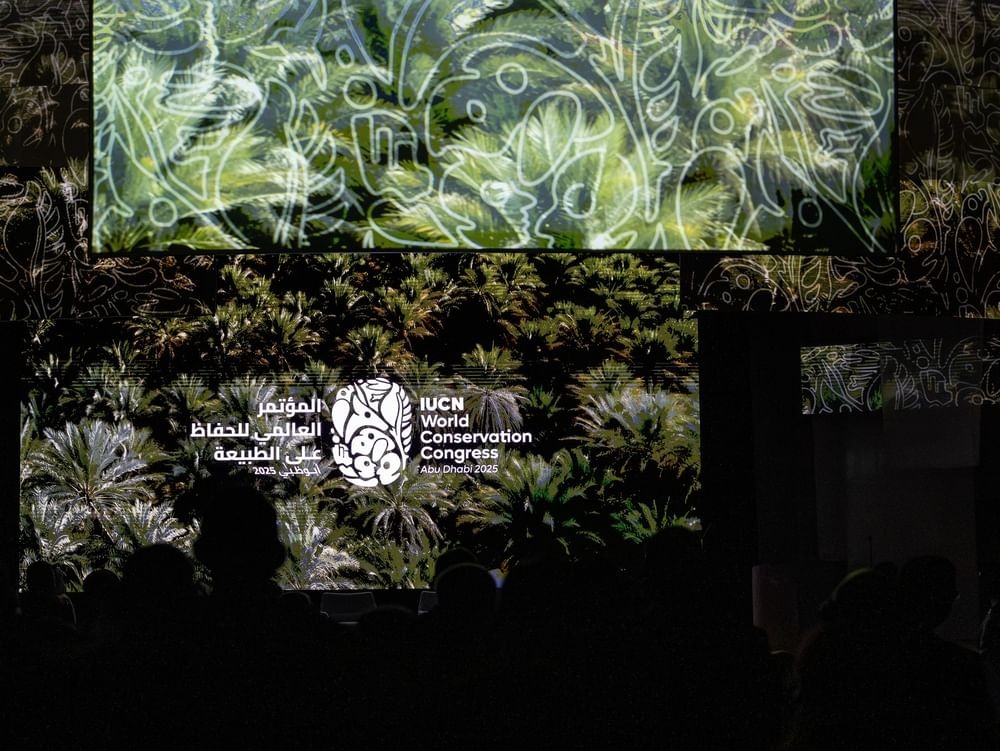



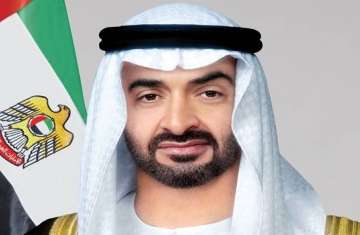
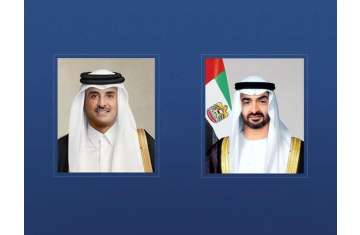
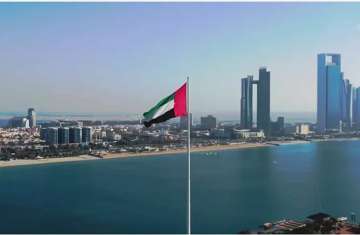
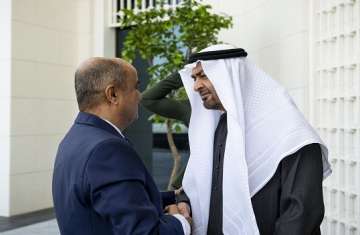
التعليقات